Want to get smarter? Want to cross-country ski in a peaceful setting?
Combine both desires at the 220-acre Viles Arboretum in Augusta. Six miles of trails provide plenty of opportunity to explore both secluded forests and open fields.
We were there last Sunday, skiing for four delightful hours around the property. As we approached the visitor center after our tour, a group of 10 snowshoers with wide smiles passed by, headed out to explore.
The arboretum was originally known as the Pine State Arboretum when it was created in 1981 by the Maine Forest Service. The vision and financial support of Elsie and William Viles, noted Augusta philanthropists, helped develop the property into one of Maine’s outstanding outdoor learning centers.

A Nordic skier heads out across a field just before sunset in 2019 at the Viles Arboretum in Augusta. Joe Phelan/Kennebec Journal, file
The lower half of the preserve features many detailed interpretive signs highlighting what is growing beside the trail. Each sign provides fascinating information. The first is located at the edge of a lilac grove. The lilac is the state flower of New Hampshire and was the subject of Walt Whitman’s poetic tribute to slain President Abraham Lincoln: “When Lilacs Last in the Dooryard Bloom’d.” To our surprise, lilacs need cold weather to trigger their seasonal growing process.
We decided to first ski up a moderate hill and out to the mown fields at the eastern edge of the property, and then slowly work our way back to the visitor center kiosk to kiosk. The vast carpet of fresh snow on the fields looked like a satiny spread of Cream of Wheat cereal. Ours were the first tracks of the day. We skied a loop around the boundary of the lower field and enjoyed a few extra loops to take advantage of the excellent track we had created.
As we headed back up into the woods we came across a meadow with hundreds of American chestnut seedlings growing up out of protective plastic casings. The chestnut blight that reached America from Asia in 1904 decimated the population of these magnificent trees that were once so common here in the east. Four billion trees succumbed to the blight over a 50-year period. The chestnut was known as the “cradle to grave” tree as its fine wood was used to make cradles and caskets.
We skied by a grove of young white pines with a unique story behind them. The pine seeds that created this grove went up in the Atlantis Space Shuttle in 1991, and were planted here in 1994.
Skiing past Viles Pond we came upon a large cellar hole with rows of iron rods sticking up out of the enclosure. This was known as the Piggery. At one time the arboretum property was farmed to provide food for the Augusta Mental Health Institute across the road, and to offer a therapeutic outdoor experience for some of the patients who worked on the property. You will encounter other remnants of the property’s important connection to the hospital, which closed in 2004, including cistern and piping that provided fresh drinking water.

A pair of snowshoers move past snow-covered trees in 2018 in Viles Arboretum in Augusta. Joe Phelan/Kennebec Journal, file
A small orchard of heritage apples dots the slope above the visitor center, as do a few large displays of granite artwork, and an enclosure of bee hives. A kiosk describing the arboretum hosta collection leads up into a lovely birch-lined trail heading up the hill.
One of the original names of hosta was funkia – got to love that name. The arboretum collection comes from the Arnold Arboretum in Boston and is one of the largest hosta collections in Maine. We vowed to return this summer to enjoy the display.
Consult the DeLorme Maine Atlas & Gazetteer (map No. 12) for help in getting to the arboretum on Route 9. While free to the public sunrise to sunset 365 days a year, the kiosk at the entrance suggests that a $2 donation would be put to good use. The visitor center has restrooms and nature displays and is open Wednesday to Saturday, 10:30 a.m. to 4:30 p.m. Trail maps are located at the kiosk by the visitor center. The trails are not machine-groomed for cross-country skiing.
Michael Perry is the former director of the L.L. Bean Outdoor Discovery Schools, and founder of Dreams Unlimited, specializing in inspiring outdoor slide programs for civic groups, businesses, and schools. Contact: michaelj_perry@comcast.net
Send questions/comments to the editors.

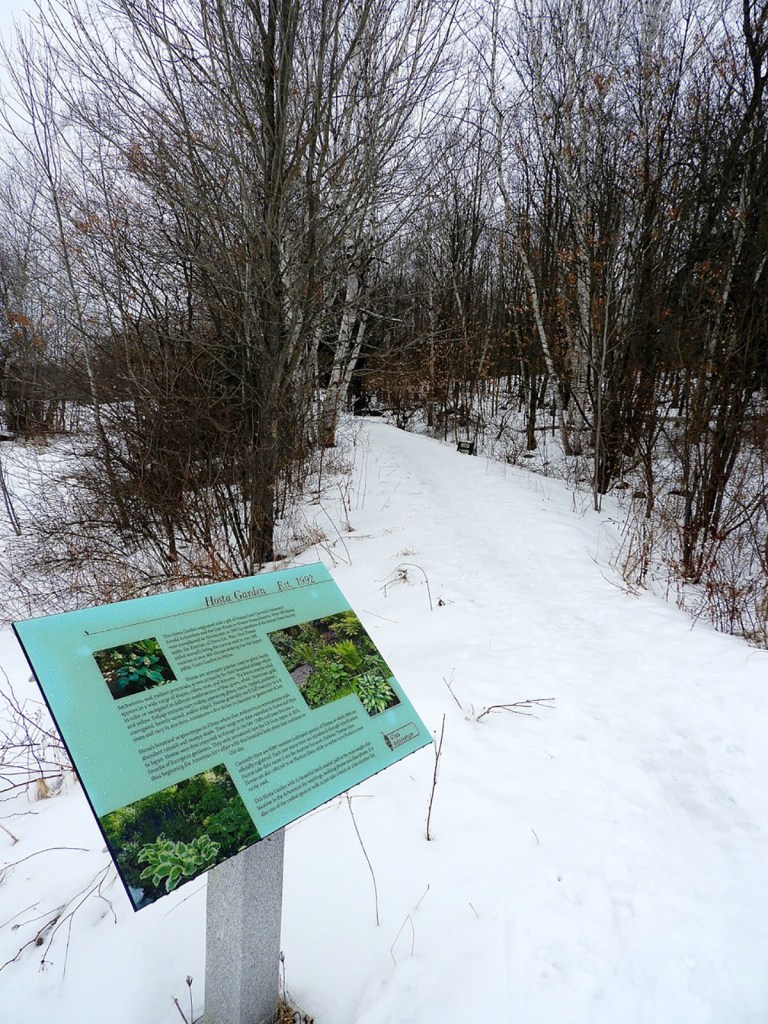
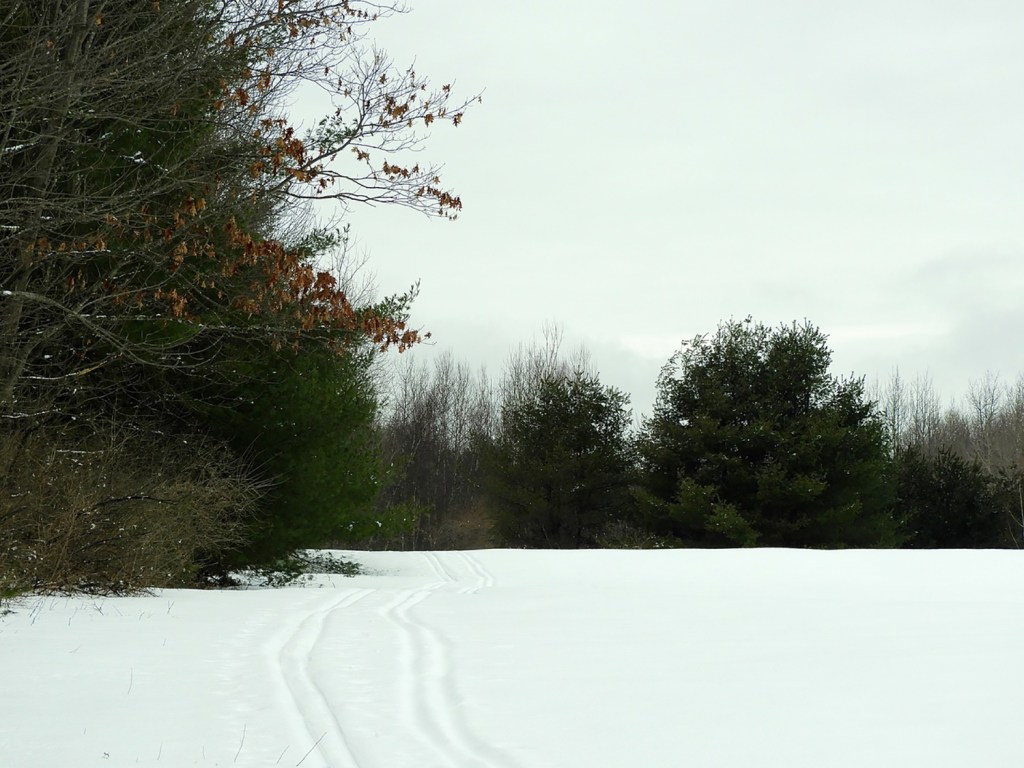
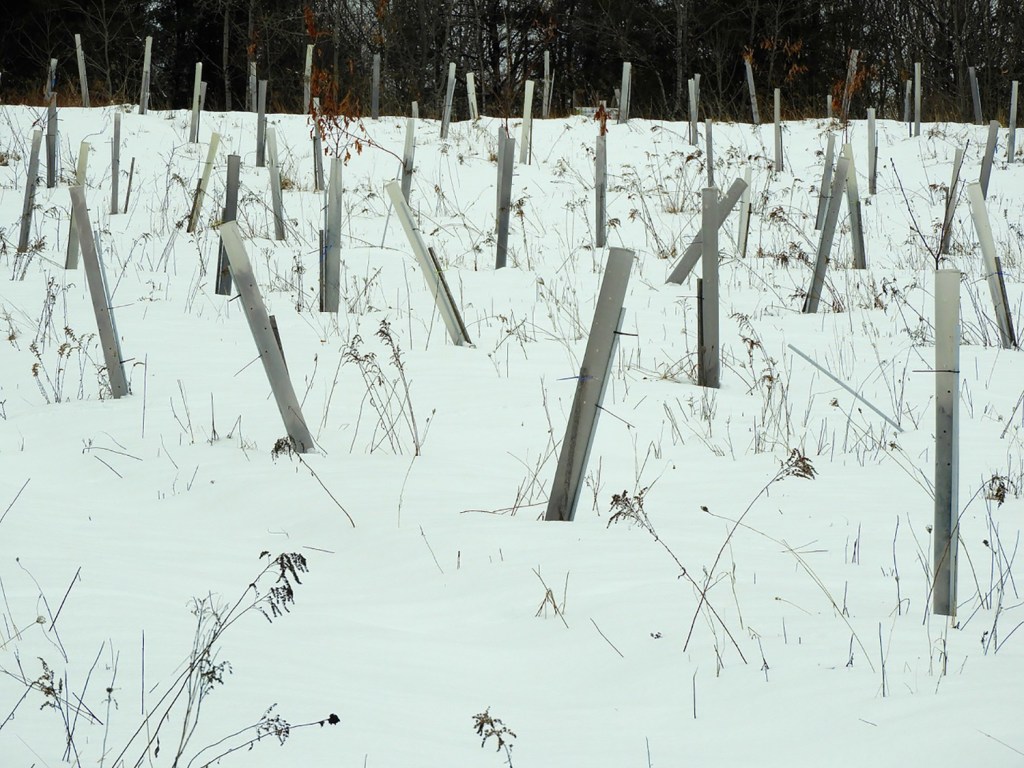
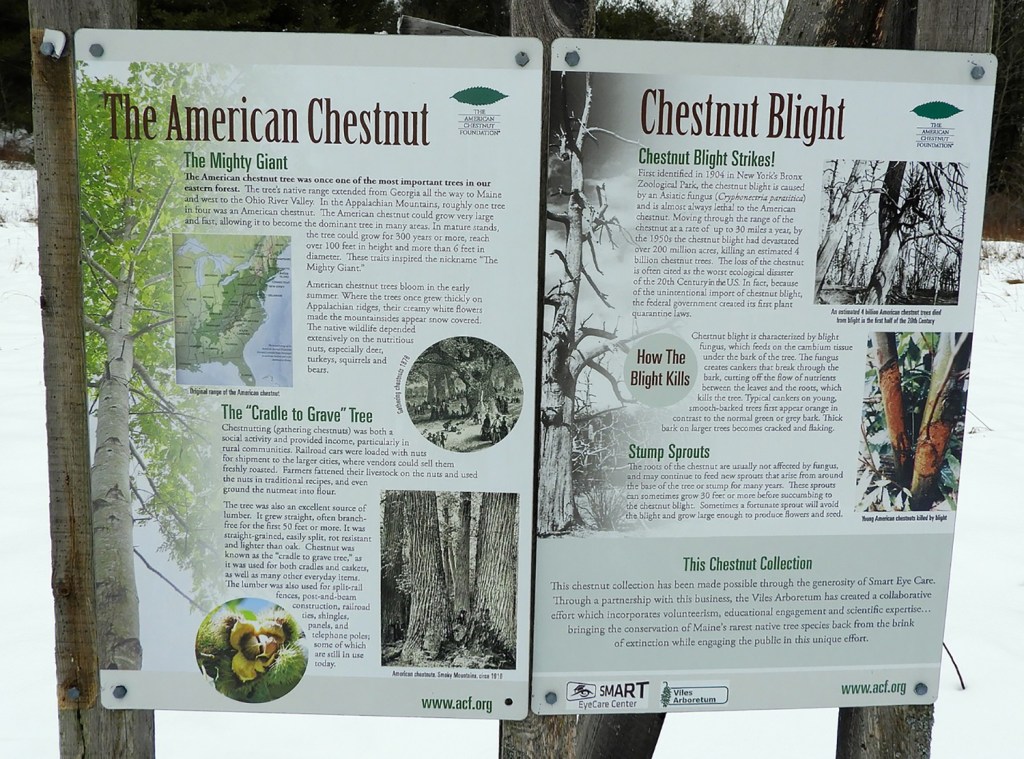
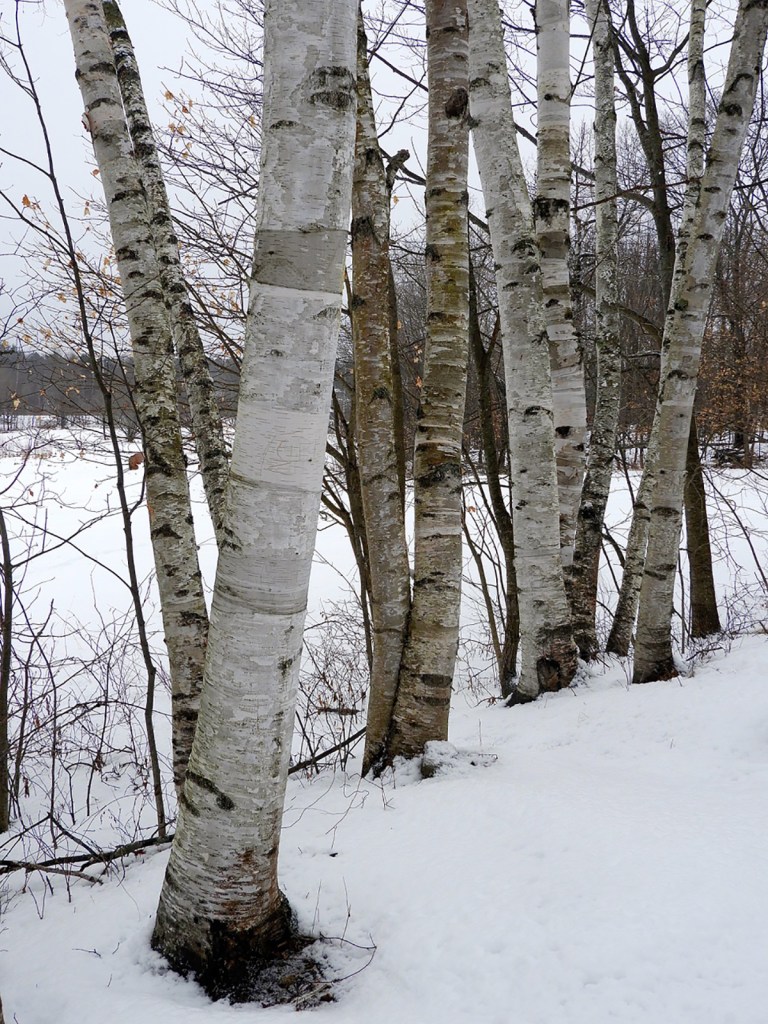
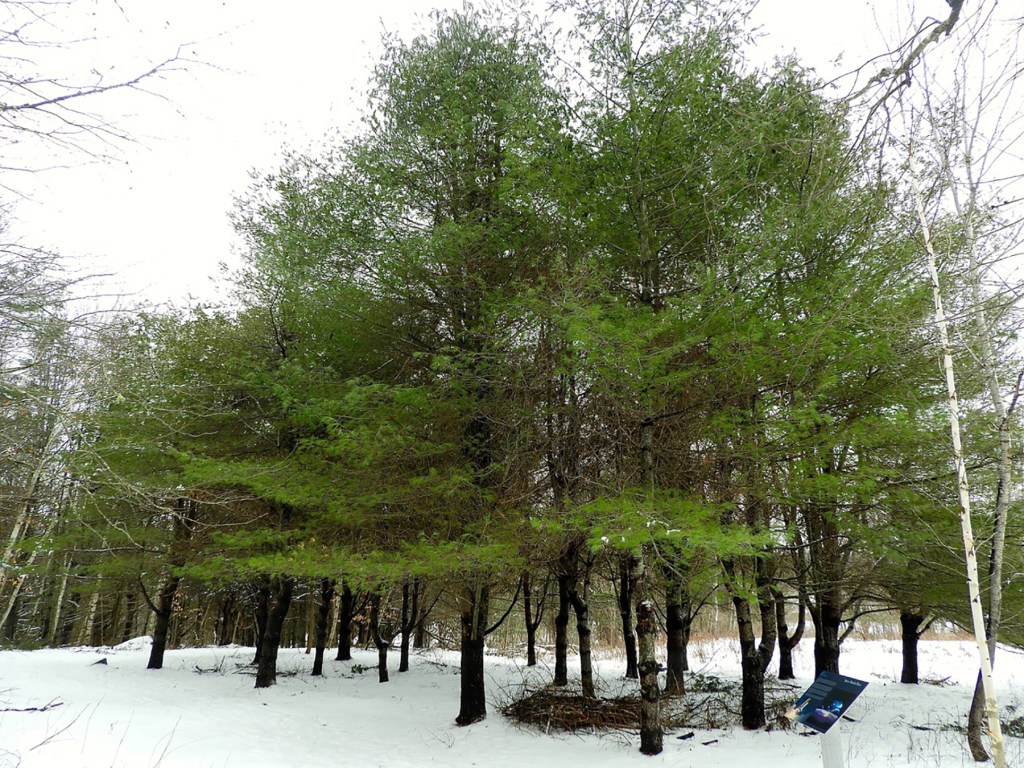
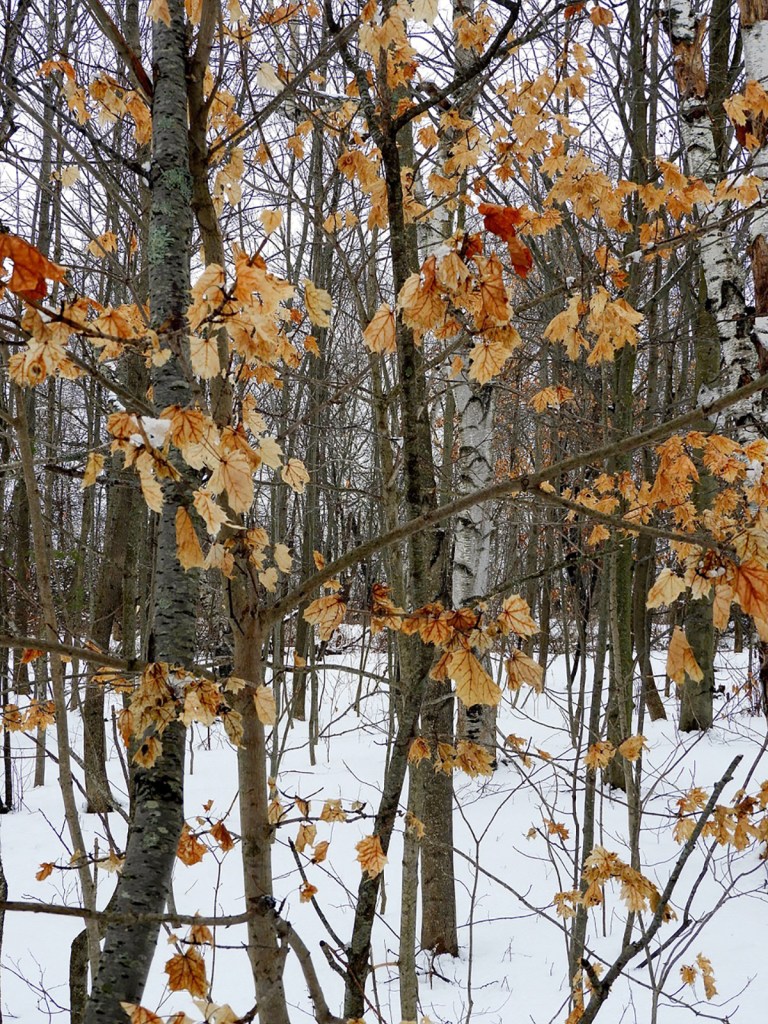
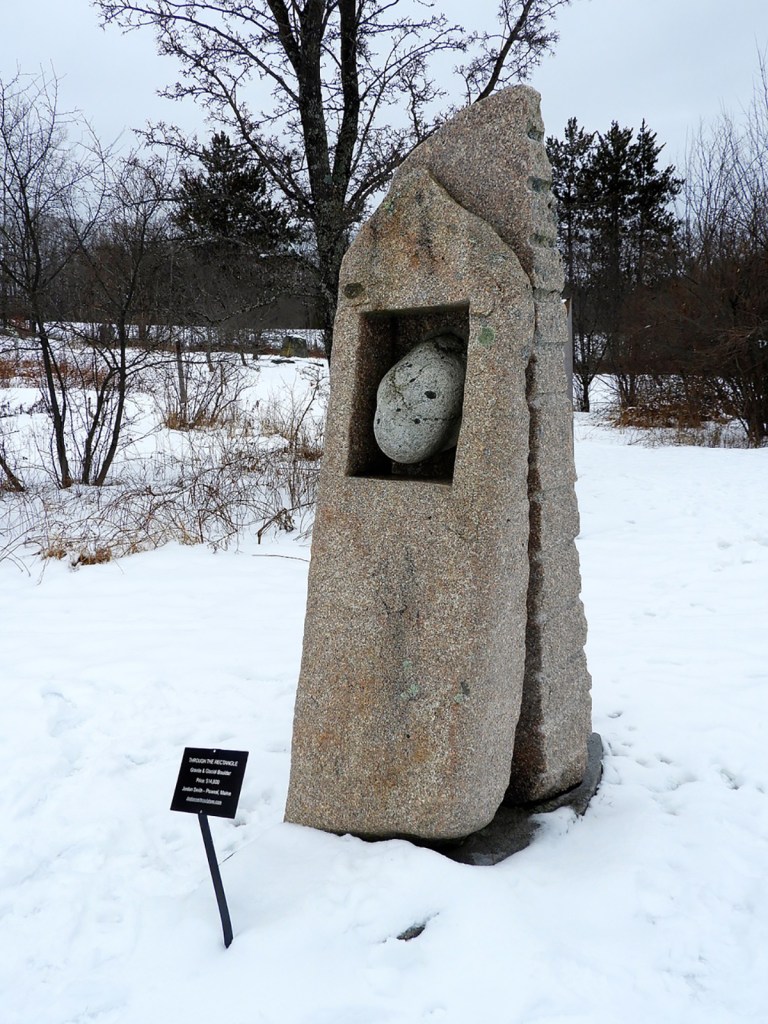

Comments are no longer available on this story